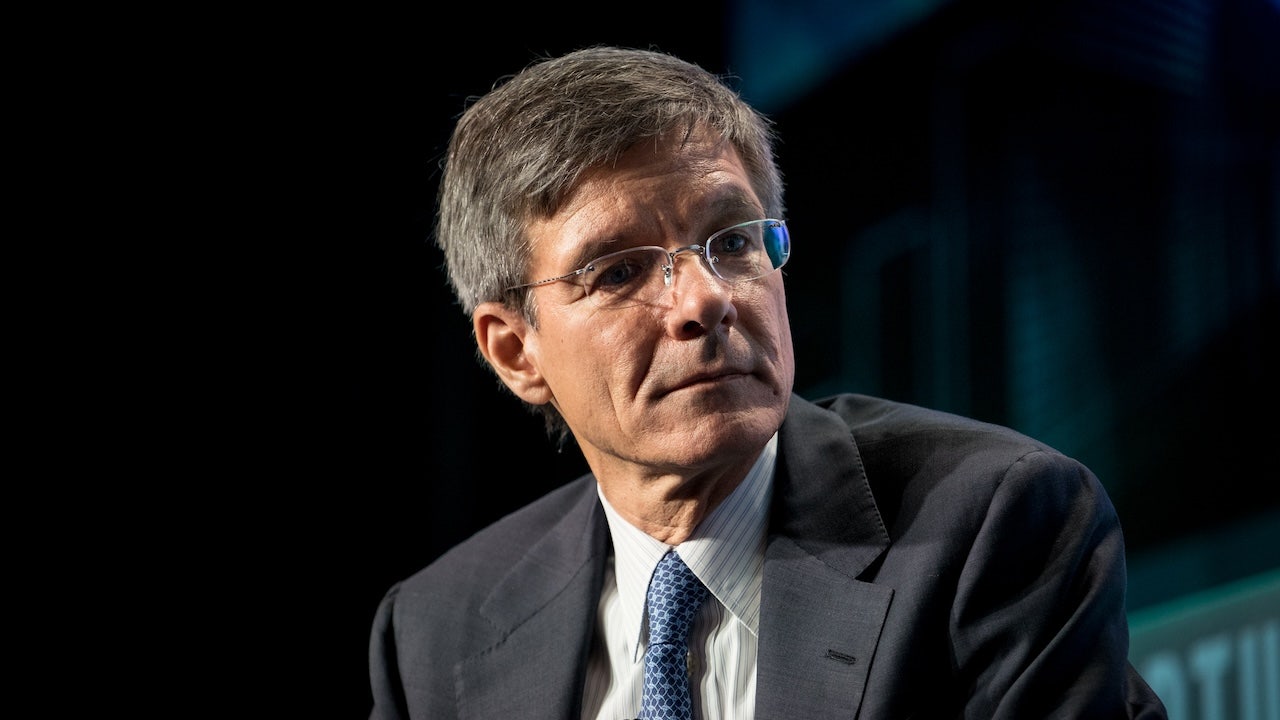Allstate’s CEO Faces Backlash: Understanding the Sugar Bowl Controversy
In an era where corporate leaders are often scrutinized for their public statements, Allstate’s CEO recently found himself at the center of a storm following a controversial message related to the Sugar Bowl. This incident not only sparked outrage but also raised significant questions about the effectiveness of corporate communication strategies and the profound impact of social media on brand reputation.
The Incident That Sparked Outrage
The controversy began when the CEO of Allstate posted a message on social media addressing the Sugar Bowl, an annual college football game that garners significant attention. His comments, intended to engage with fans and promote the event, were perceived by many as insensitive and inappropriate.
Shortly after the post went live, reactions came flooding in. Critics pointed out that the message seemed disconnected from the spirit of the event and failed to resonate with the values of the community surrounding the Sugar Bowl. The backlash was swift, leading Allstate to delete the post within hours. This incident highlights a growing trend where corporate communications, particularly on social media, can rapidly spiral out of control due to misalignment with public sentiment.
Analyzing the Backlash
The outrage surrounding the CEO’s remarks can be attributed to several factors:
- Misunderstanding the Audience: In an attempt to connect with fans, the CEO may have misunderstood the sentiments of the audience, leading to a disconnect that triggered backlash.
- Social Media Dynamics: With platforms like Twitter and Facebook enabling instant communication, a single misstep can lead to widespread criticism and affect a brand’s reputation almost immediately.
- Corporate Responsibility: As a public figure, the CEO’s comments are often viewed as reflections of the company’s values. Any perceived insensitivity can result in negative perceptions of the brand.
The Importance of Corporate Communication Strategies
The incident with Allstate’s CEO serves as a crucial reminder of the importance of effective corporate communication strategies. Companies must ensure that their leaders are trained to navigate social media landscapes thoughtfully and strategically. Here are some key considerations for effective communication:
- Know Your Audience: Understanding the demographics, values, and sentiments of your audience is imperative. Tailoring messages to resonate with specific groups can avoid misunderstandings.
- Develop Clear Guidelines: Establishing clear social media guidelines for executives can help mitigate risks. These guidelines should detail appropriate messaging and how to respond to criticism.
- Engage in Active Listening: Companies should monitor social media conversations to gauge public opinion. Active listening can provide valuable insights that inform future communications.
Impact of Social Media on Brand Reputation
Social media has revolutionized how brands communicate with consumers. While it offers an opportunity for engagement, it also poses risks. A misjudged comment can lead to a rapid decline in public perception.
Some potential impacts include:
- Immediate Feedback: Unlike traditional media, social media allows for real-time feedback. Companies must be prepared to respond quickly to both positive and negative comments.
- Viral Outrage: A single tweet or post can go viral for all the wrong reasons, leading to widespread scrutiny and damage to brand reputation.
- Shift in Consumer Trust: Trust is vital in brand-consumer relationships. A misstep can lead consumers to question the authenticity and values of a brand.
Lessons Learned from the Allstate Incident
While the situation was unfortunate, it provides valuable lessons for corporations and their leaders:
- Be Authentic: Authenticity goes a long way in building connections with audiences. Messages should reflect genuine sentiments and align with company values.
- Anticipate Reactions: Before posting, leaders should consider potential reactions and how their message might be received across different demographics.
- Have a Crisis Management Plan: Companies should be prepared with a plan to address backlash. This includes how to apologize, clarify intentions, and restore public trust.
Moving Forward: Building a Resilient Brand Image
Despite the backlash faced by Allstate’s CEO, there are pathways to rebuilding trust and ensuring more effective communication in the future. Companies can take the following steps:
- Engage with the Community: Actively participating in community events and discussions can help bridge the gap between corporate leaders and the public.
- Invest in Training: Providing training for executives on social media etiquette and public relations can equip them with the skills needed to navigate challenging situations.
- Foster Transparency: Being transparent about corporate values and decision-making processes can enhance public trust and mitigate backlash in the face of controversy.
Conclusion
Allstate’s CEO facing backlash over his Sugar Bowl message serves as a poignant reminder of the complexities involved in corporate communication today. As businesses continue to navigate the ever-evolving social media landscape, the need for thoughtful, authentic, and well-strategized communication has never been more critical. By learning from missteps and implementing robust communication strategies, companies can protect their brand reputation and foster positive relationships with their audience.
In a world where every word can be amplified and scrutinized, it’s essential for corporate leaders to engage with their communities authentically and responsibly. The road to rebuilding trust may be challenging, but with the right approach, it is certainly achievable.
See more Business Focus Insider Team

